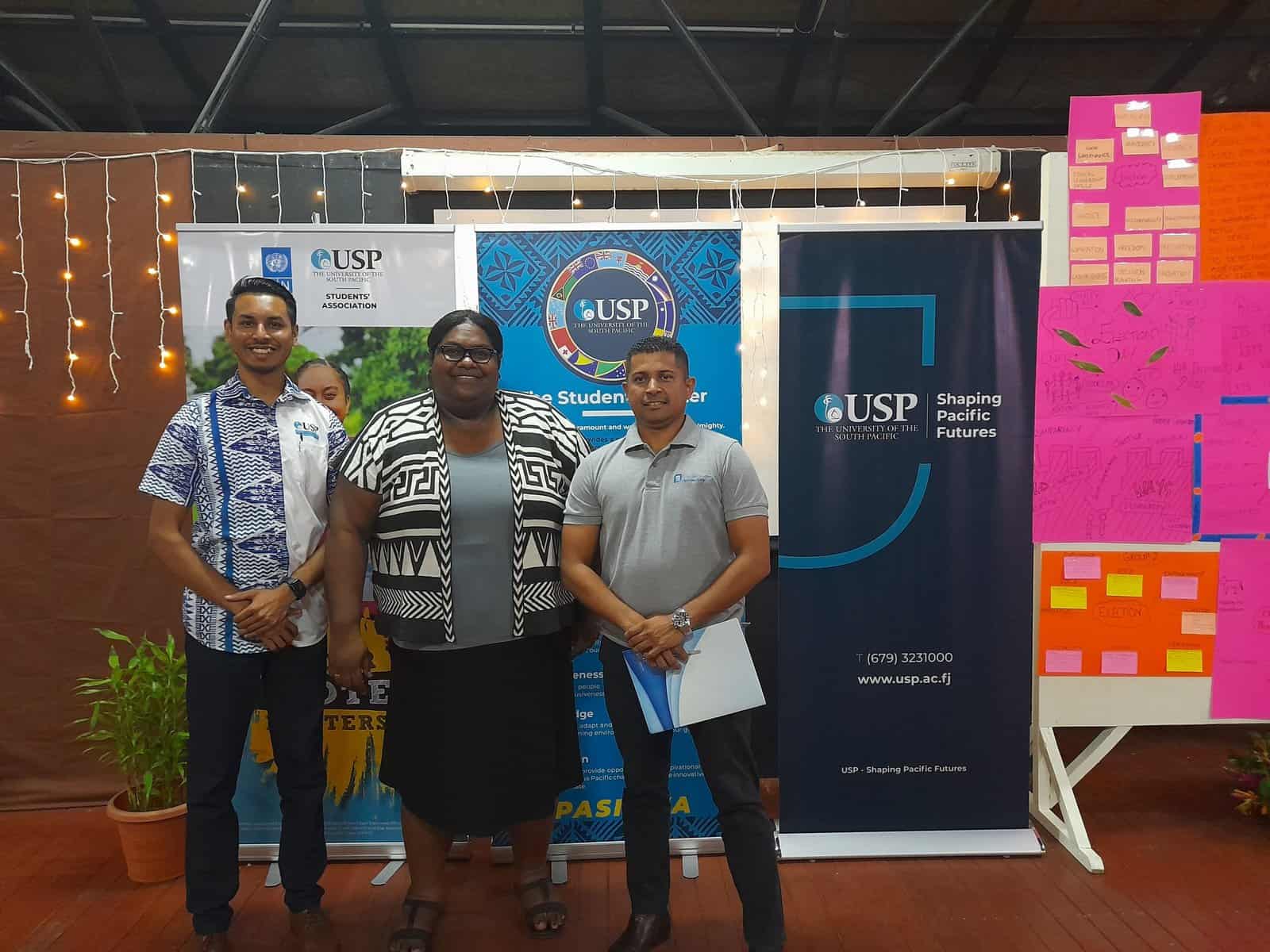Fijian youths found their voice at a recent talanoa dialogue on the upcoming election with panelists that included the Supervisor of Elections (SoE), Mohammed Saneem.
The University of the South Pacific Students Association (USPSA)-organised event attracted not only students and alumni, but also businessmen and political parties.
SoE Saneem told attendees that “there have been massive attempts to discredit the [electoral] process."
Saneem said . . .
Please Subscribe to view full content...
